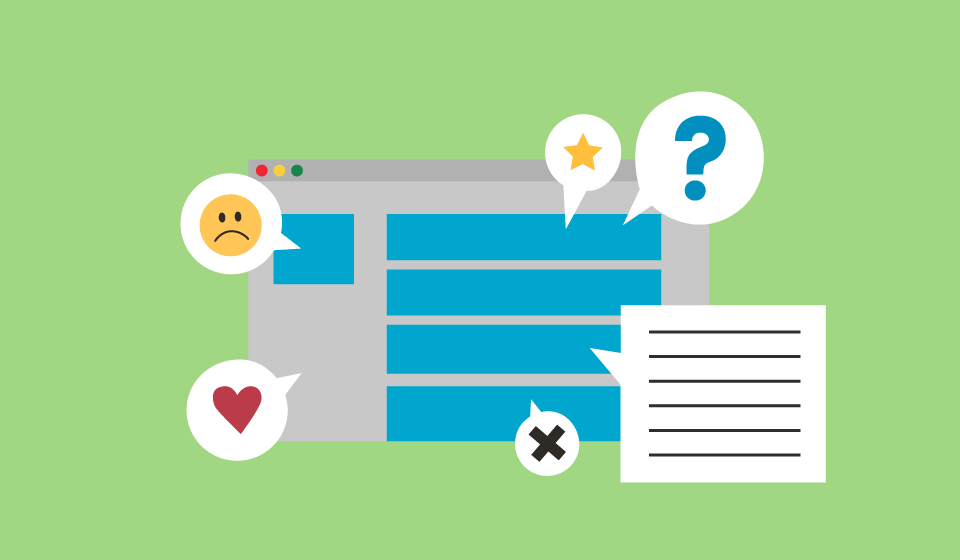Understanding Review Psychology and Consumer Behavior
The psychology behind consumer reviews reveals fascinating insights into human decision-making processes. Negative reviews, while often viewed unfavorably by businesses, actually serve a crucial function in building trust and credibility. Studies indicate that products with a mix of positive and negative reviews are perceived as more authentic than those with exclusively positive feedback.
Consumer review behavior is influenced by various psychological factors, including social proof, loss aversion, and cognitive biases. Understanding these elements helps both consumers and businesses navigate the review landscape more effectively. For instance, the "negativity bias" explains why consumers tend to give more weight to negative reviews, as our brains are naturally wired to pay closer attention to potential threats or problems.
The timing of reviews also plays a significant role in their impact and usefulness. Immediate post-purchase reviews often focus on first impressions and unboxing experiences, while long-term reviews provide valuable insights into product durability, customer service quality, and overall satisfaction over extended use periods.




